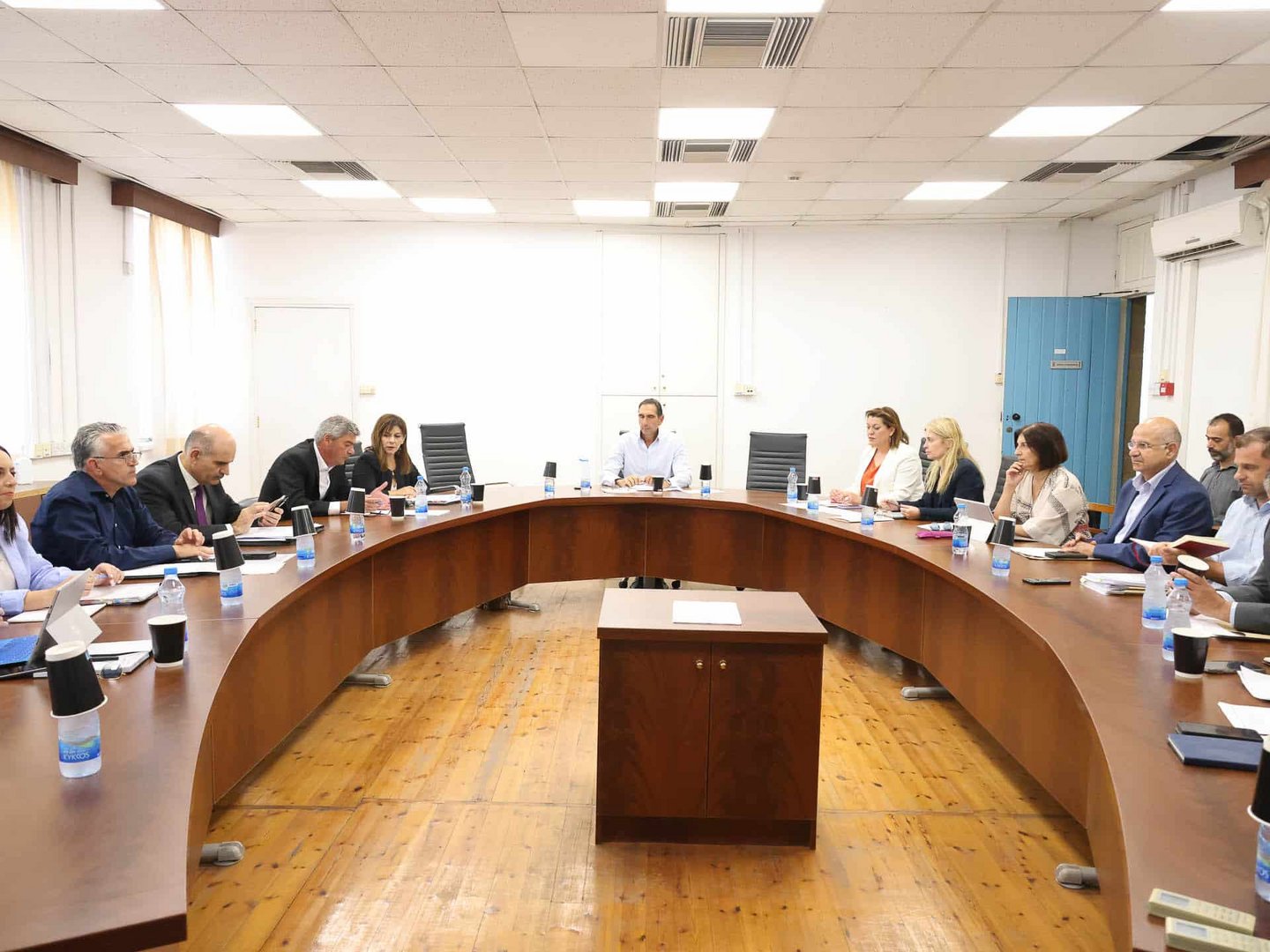By Jonathan Shkurko and Elias Hazou
The government on Thursday decided to set up an interdepartmental team as a focal point for drawing up policies to stem the tide of irregular migrants, while the interior minister also suggested to Brussels that it help non-EU countries in the Mediterranean and the Middle East become “barriers to migratory flows.”
At a meeting chaired by Interior Minister Constantinos Ioannou, a decision was taken to establish an interdepartmental team, given one month to come up with a concrete plan to tackle the migration issue.
“The meeting decided the establishment of an interdepartmental team under the coordination of the interior ministry, consisting of representatives of the involved departments and agencies, tasked with coming up with policies to deter irregular migrant flows but also managing the current numbers of third-country nationals,” read an announcement later.
The team will “map out” the current situation and explore additional actions in the areas of illegal workers, social benefits and proper integration of children with a “migratory background.”
It will also consider policies for the social integration of those who have the right to stay in the Republic – particularly people granted international protection status.
Attending Thursday’s high-level meeting were also the ministers of justice, labour and education, the deputy police chief, as well as officials of the Civil Registry and Migration Department and the Asylum Service.
Meantime it emerged on Thursday that Ioannou last week sent a letter to Brussels urging the bloc to provide more financial aid to non-EU countries in the region receiving millions of migrants.
In the letter, Ioannou cited the example of Turkey and suggested that similar support should be extended to neighbouring countries sought as safe destinations by Syrian refugees.
More specifically, he proposed that the EU provide financial assistance to third countries to establish structures and infrastructure for migrants seeking protection.
“Over the past decade, EU member states in the Eastern Mediterranean have faced disproportionate migration flows due to political developments in the Middle East, primarily due to the ongoing situation in Syria,” the letter said.
“This instability has resulted in a significant influx of migrants into both frontline EU member states and neighbouring countries like Turkey, Lebanon, Egypt, and Jordan, which must respond to the challenge of hosting people fleeing Syrian territory.
“These countries have hosted millions of refugees over the past 12 years, leading to substantial internal economic and political challenges. Any political regression in these countries could contribute to a domino effect, forcing the Syrian population to move to other regional or European countries.
“As EU, we have repeatedly agreed that strengthening the region’s countries and equipping them with the necessary tools to better manage the pressure posed by the migrant population residing on their soil would be beneficial for all,” Ioannou told the EU.
He added that providing frontline EU countries with the necessary tools to withstand the political and economic storms caused by the refugee issue is crucial for maintaining the current balance in the region.
“This approach has already been adopted in Turkey, leading to an EU-Turkey agreement signed 2016, whose goal is to provide sufficient aid to support its hosting capacity. Cyprus firmly proposes that similar agreements should be negotiated and signed with other countries as well,” the letter said.
During his recent visit to Lebanon in July, Ioannou learned that the country, with a population of five million, hosts approximately two million Syrian refugees, striving to provide the necessary support.
“Considering Lebanon’s unique political challenges over the past two years and its economic situation, Cyprus believes that it should be a priority for the EU to extend a helping hand,” Ioannou said.
Meanwhile, the installation of a second supplementary fence at the Pournara First Reception Centre has been completed to restrict the movement of migrants outside the facility until the necessary procedures are completed. The fence been put in place to control the entry and exit of migrants.







Click here to change your cookie preferences